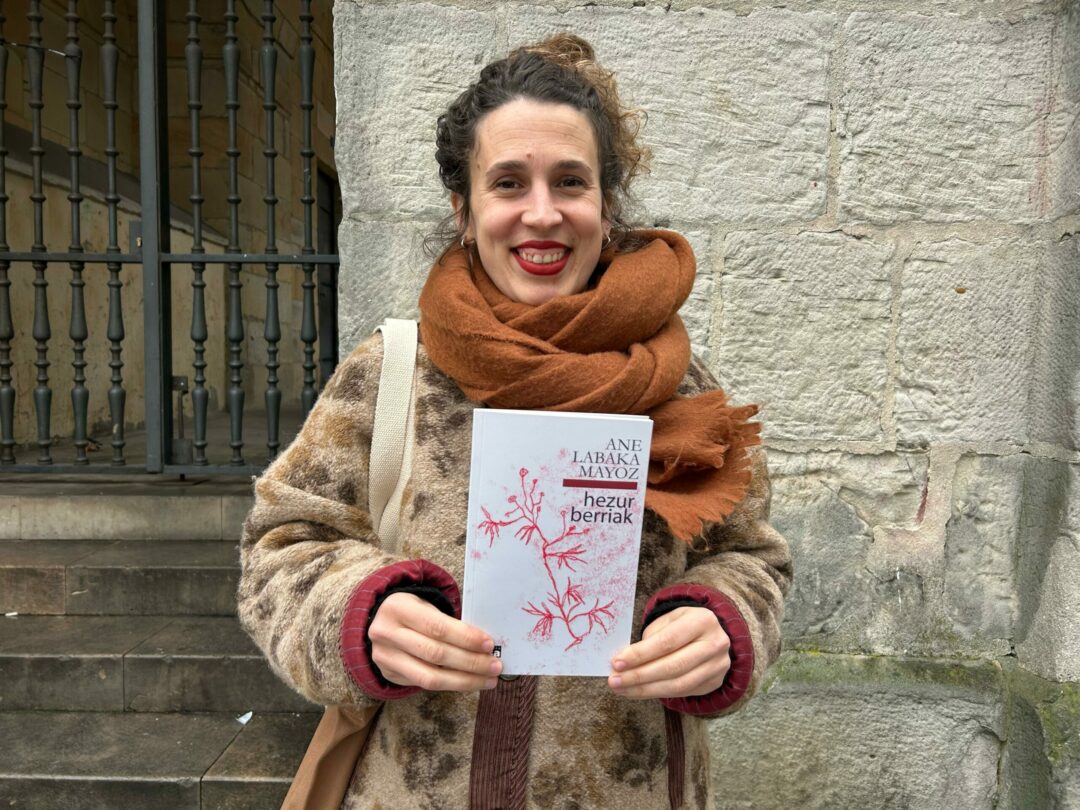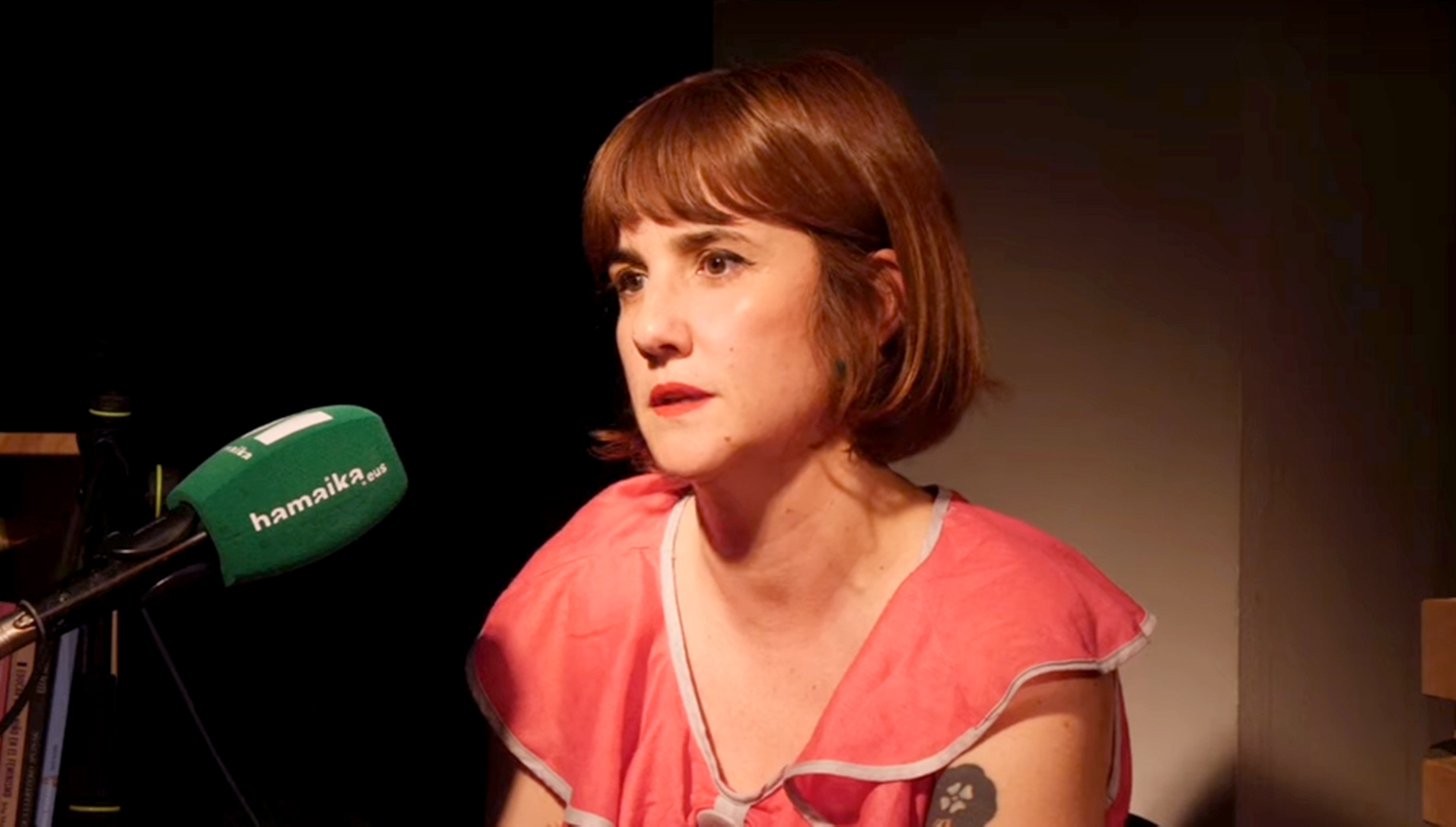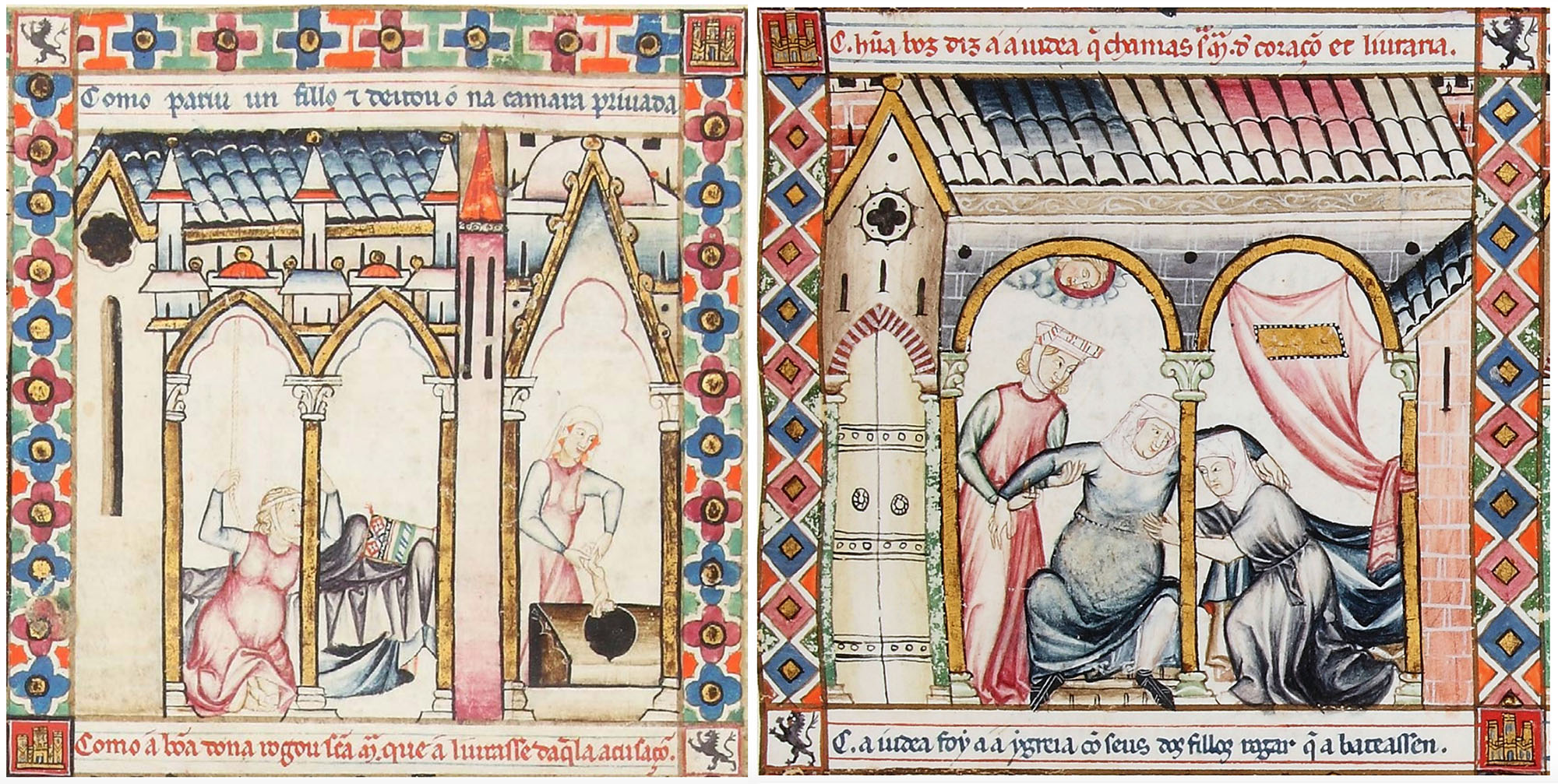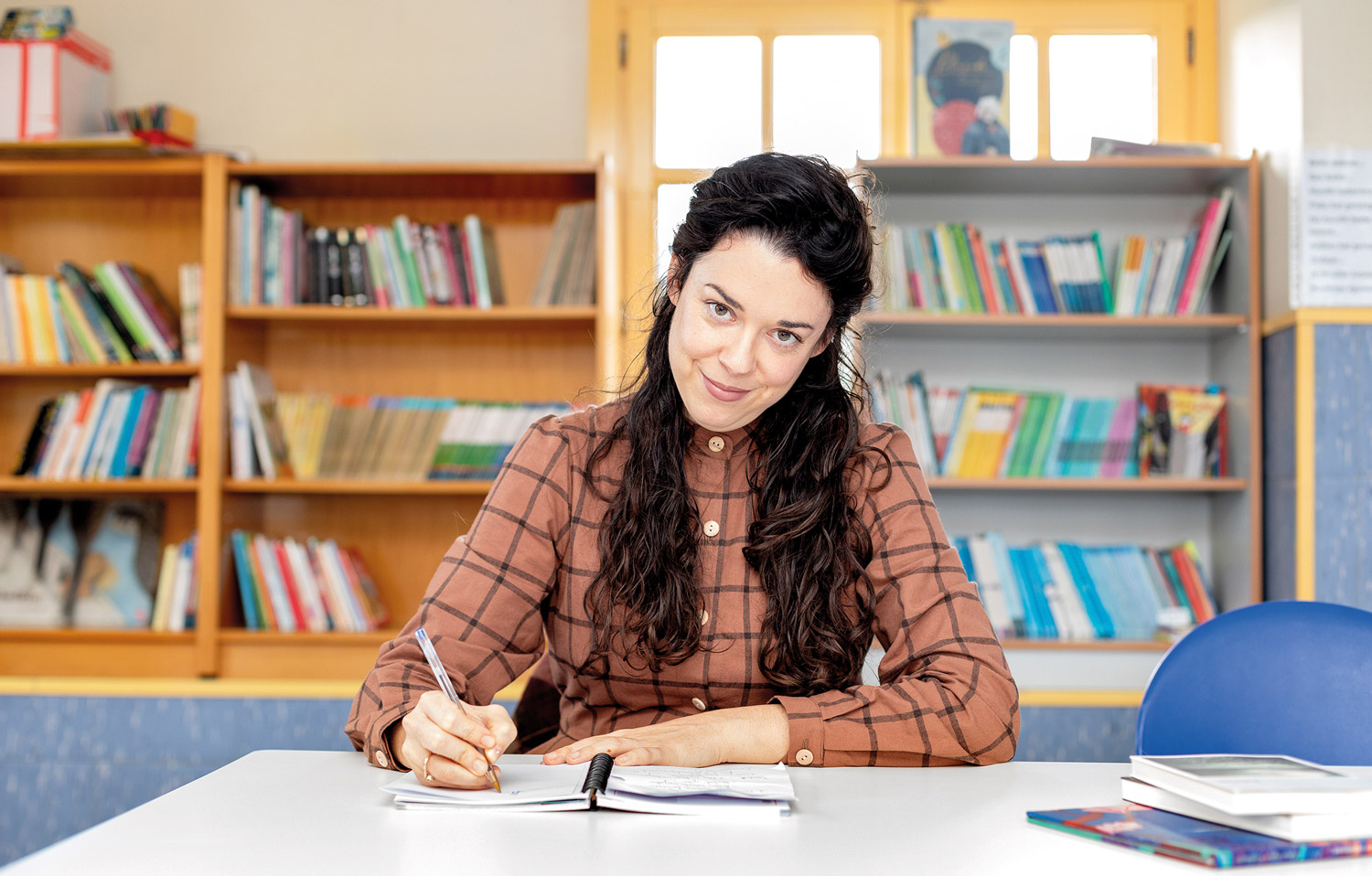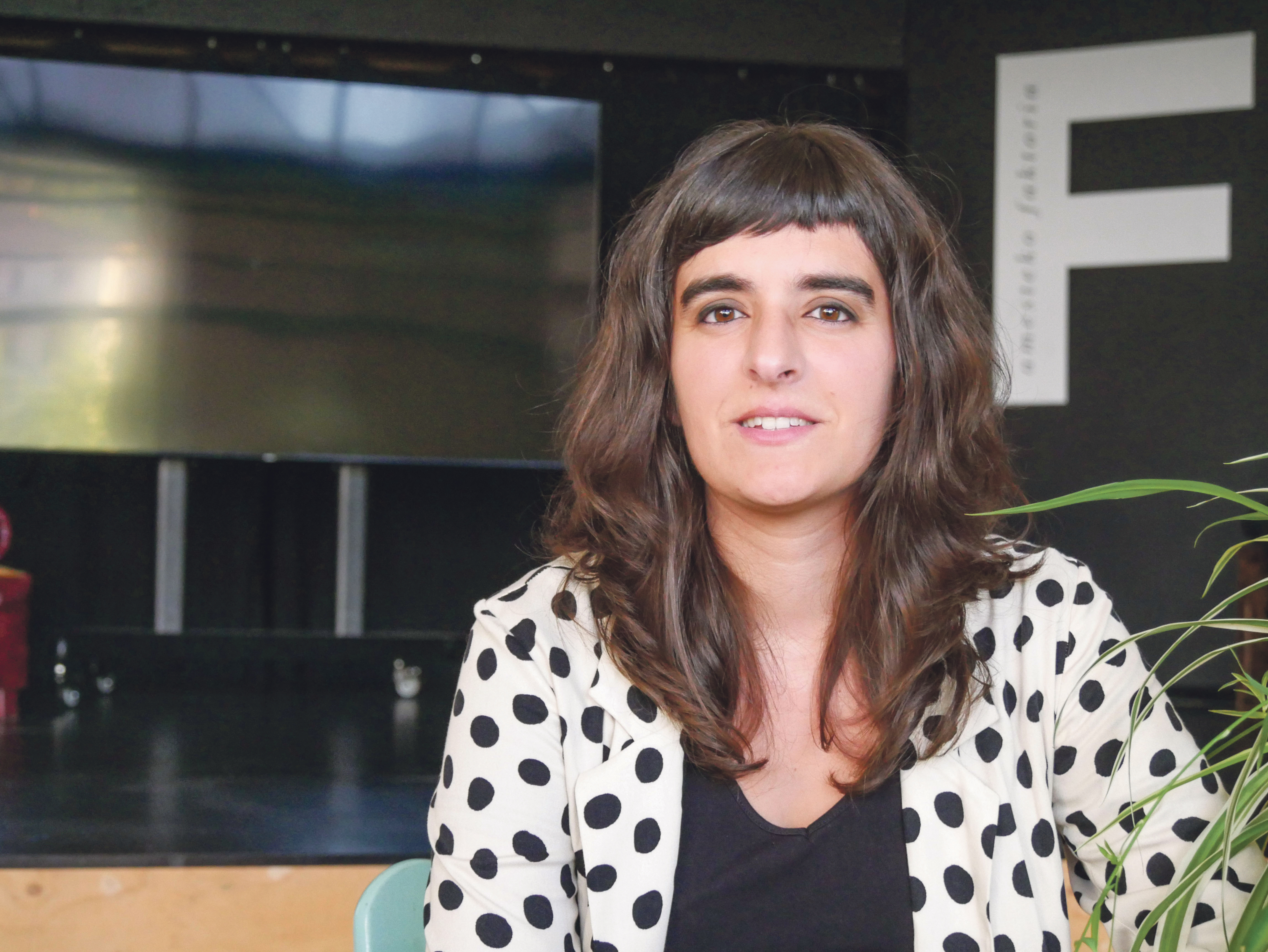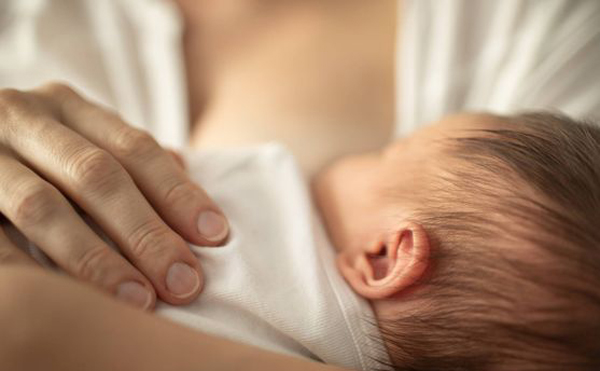They propose ten measures to prevent mothers from leaving school
- Because many women drop out of academia after becoming mothers, a group of maternal researchers propose ten measures to prevent this and publish them in PLOS Computational Biology.

The authors of the article are researchers from ten Spanish universities, mainly in the field of environmental and life sciences, who have highlighted the need to implement these measures and which are beneficial not only for mothers, but for many others. In addition, they indicate that they have used the term mother in an inclusive way and that it includes, for example, trans parents and non-binary fathers; and that they have focused on mothers because they are proven that they are more at risk of leaving academia for what it means to parenthood.
The first measure is to help in pregnancy. Institutions should provide an integral support system with sufficient resources, taking care not only of the physical, but also of the emotional and professional. The following measures are already for birth. They include, respectively, Flexible Parental Leave, Child Care and Lactation Facilities, the organization of the Department's activities during school hours, the adequacy of teaching activities and support for professional progress.
Mental health has also been a priority issue. According to them, the implementation of comprehensive mental health care programs and resources is essential to address the challenges that arise in the mothers of the academy. Among the options, and for the well-being of mothers, consulting services, workshops to combat stress and initiatives to balance life and work have been mentioned.
It has a lot to do with well-being and a safe and inclusive work environment for all researchers. Thus, they propose promoting a culture of respect, equality and zero tolerance towards discrimination. They call for the establishment and expansion of discrimination and harassment protocols based on motherhood or gender.
Finally, they claim the need to ensure a fair and transparent distribution of the workload, making it clear that these measures in favour of mothers benefit all researchers. Moreover, they stress that they do not call for mothers to be given special treatment over other people, but warn that other groups may have difficulty in continuing in academia (e.g. under certain medical conditions) and believe that specific measures should also be designed and implemented for them.
Toledo, 1272-1280. Alfonso X of Castile gathered 427 monomedical songs dedicated to the Virgin. The Cantigas de Santa Maria constitute one of the most important musical and literary collections of the Middle Ages, but being decorated with the miniature cantiga, these... [+]
When death and the corner of the perinatal mourning occurred in the Hernani cemetery, I received the first blow. So I started thinking about where that lost child was. There I left him to take care of others. Why didn't I do something? Time goes fast and immersed in day to day is... [+]









